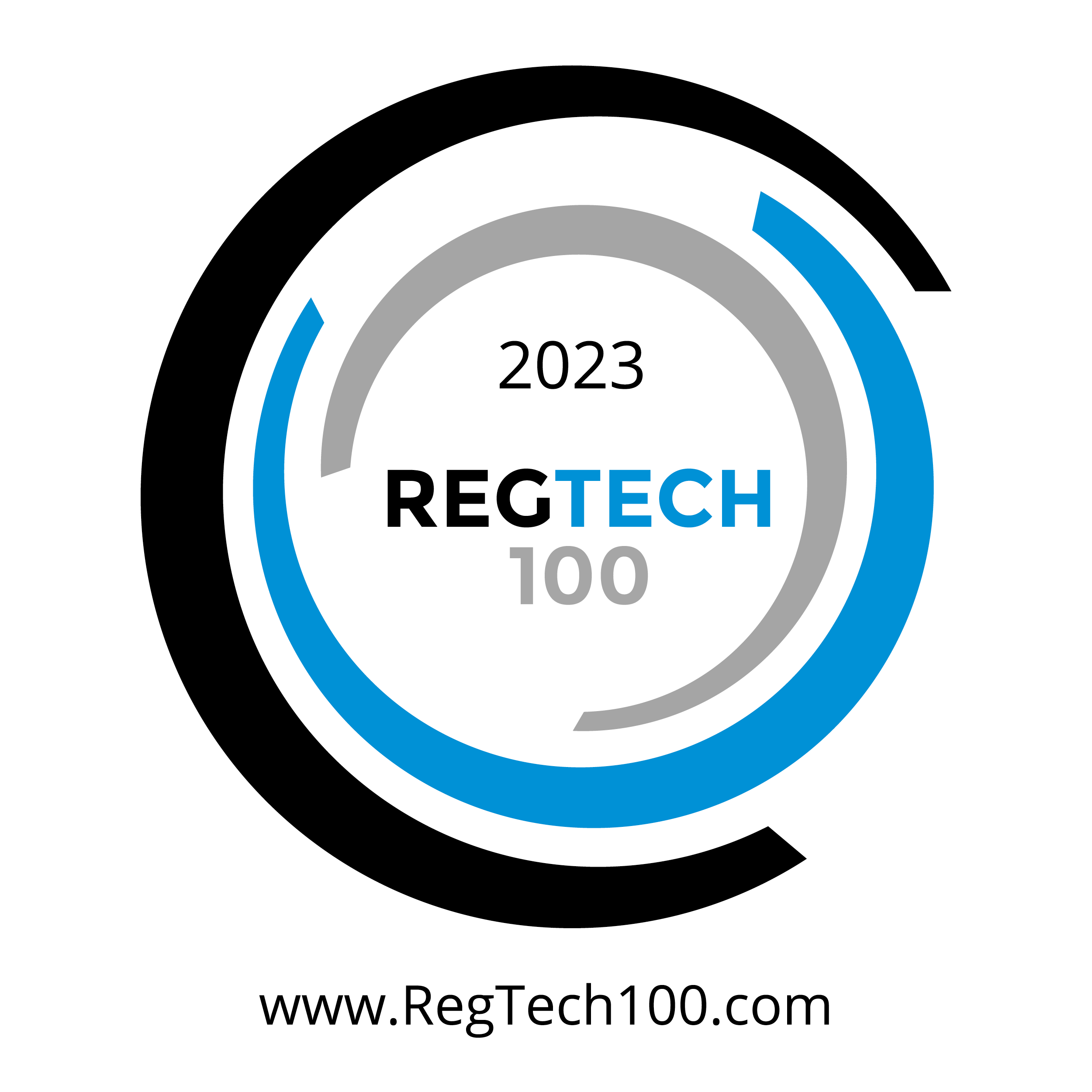The global real estate industry is one that has experienced rapid development and transformation over the last few decades. These transformations and developments are highly dependent on the country, the laws guiding real estate and the standards they put in place.
In some countries, real estate is a very organised, streamlined sector that follows compliance and ensures that the customer gets that dream home or property he sorely desires. Other parts try to catch up with global standards; leaving the customer in a dilemma of how to get his dream to reality; leaving him to go through the process all by himself -from the scouting to the purchase and acquisition and development of the property.
As the sector grows, in different parts of the world, it has become characterized by a multifaceted landscape that presents a range of complexities and regulatory challenges.
Real estate continues to play a significant role in driving economic growth, urban development, and infrastructure expansion in many countries globally. However, these opportunities are often besieged by a set of intricate issues that stakeholders must navigate to ensure successful transactions and sustainable growth.
What Are The Complexities And Challenges Of The Global Real Estate Sector?
The global real estate sector, though booming with a lot of promises is porous. The regulations and laws governing everything in individual countries continue to pose a nightmare to investors. From lending practices to marketing and sales; sometimes things are hardly ever streamlined accordingly in many countries in the world, especially the developing ones. As a result, real estate professionals and even prospective developers and buyers face a number of compliance challenges including:
1. Diverse Legal Frameworks:
Most countries have their real estate industry functioning within a complicated set of federal, state, and municipal laws. It can be difficult to standardise processes and ensure consistent compliance since regional differences in property ownership, land tenure systems, and registration procedures might be substantial.
2. Land Ownership Issues
These issues are frequent because of problems like ambiguous land titles, conflicting claims, and unofficial land deals. The lack of a thorough and effective land titling system can result in drawn-out legal disputes and obstruct real estate transactions.
3. Problematic Property Documentation And Verification
Because of problems including missing records, dishonest behaviour, and reliance on physical documents, verifying property ownership and paperwork can be difficult. These difficulties cause delays in transactions and uncertainty for investors and purchasers.
4. Non-Adherence To Zoning Rules And Land Use Restrictions:
In many countries, these rules and restrictions are frequently not properly implemented, which results in unauthorised development and non-compliance with zoning criteria. This disregard for the law can lead to environmental damage, poor infrastructure, and urban development.
5. Non-Uniformity Of Essential Infrastructure And Services
Essential services and infrastructure such as power, water access, and road networks, can vary greatly between various places. This has an effect on property valuations, possibilities for development, and the general allure of real estate investments.
6. Limited Access To Finance And Mortgages:
For those with middle- and lower-income levels, it might be difficult to get cheap mortgage financing. Property ownership and real estate development are hampered by high-interest rates, strict lending requirements, and insufficient long-term funding choices.
7. Corruption And Bureaucracy:
In government organisations in charge of land registration and approval, corruption can result in delays, inefficiencies, and higher costs for real estate transactions. Red tape in the bureaucracy makes the procedure more difficult.
8. Infrastructure Development Levies and Taxes:
Federal, state, and municipal governments frequently levy many levels of taxes and levies on developers. These costs may affect a real estate project's viability and affordability.
9. Environmental And Planning Regulations:
When real estate is developed, environmental laws are frequently neglected, which causes environmental damage and noncompliance with sustainable development principles.
10. Massive Housing Shortage
Many developing countries have a significant housing shortage due to their expanding population and urbanisation. It is extremely difficult to satisfy this demand while upholding quality standards and regulatory regulations.
11. Fragmentation
Various participants, including real estate agents, developers, lenders, and investors, make up the fragmented real estate market in many developing countries. It may be challenging to control the sector and assure legal compliance as a result of its fragmentation.
12. Lack Of Transparency:
Both buyers and sellers have little access to information on the real estate market in many developing countries , which is frequently opaque. It may be challenging to make educated choices regarding real estate purchases due to this lack of openness.
13. High Cost Of Regulation:
The necessity to abide by many rules and regulations like building approvals and many others can make regulation costly for real estate professionals in many parts of the world. Small enterprises may find it challenging to join the market as a result.
All these highlighted problems together make up a hydra of complications that seem to be ready to take the global Real Estate sector under.
We cannot state that the government and relevant authorities are not trying to make sure that these issues are a thing of the past, but many can attest that their efforts are not radical or compliant enough to get things to the way they should be.
Possible Solutions To The Real Estate Compliance Problems
Experts have suggested that stakeholders in the real estate industry must work collaboratively with government agencies, legal experts, and technology providers to streamline processes, enhance transparency, and ensure compliance with evolving regulations. They give the following solutions:
1. Streamlining The Regulatory Framework:
This action is touted as a sure way to set the ball rolling, making it simpler for firms to abide with the law. The real estate industry's regulatory system could use some streamlining. Consolidating rules, lowering the number of licences and permissions needed, and streamlining the registration procedure for real estate transactions can all help with this.
2. Promoting Transparency:
We understant that many Real estate firms are out to cut corners to make or save some extra buck or to get something under the table and all these “shadow works” keep the sector covered by the shroud of distrust and Secrecey making many potential investors and developers shay away from it.
By making more information than usually put out available to buyers and sellers, the real estate market may become more open. Creating a single repository for real estate data and mandating real estate brokers to reveal more details about homes are two ways to do this.
3. Reducing The Cost Of Regulation:
By simplifying the regulatory procedure and offering more reasonably priced compliance solutions, real estate professionals may minimise the cost of regulation. You may achieve this by giving small firms financial support and by providing online training and tools. The easier it is to get into business and make real estate magic happen, the better it is for the sector.
4. Tackling Corruption
The level of corruption differs from country to country; but in most -especially the less developed ones -corruption is a virus that has ravaged all aspects of society. Tackling and eradicating it will surely make the real estate sector a better place for all parties involved. A mix of law enforcement, education, and public awareness initiatives may be used to combat corruption, which is a significant problem in developing countries. To do this, it is possible to tighten anti-corruption legislation, inform businesses and customers about corruption, and increase public awareness of the detrimental effects of corruption.
Where Does Youverify Come In?
We at Youverify are a business-to-business company that builds platform-as-a-service (PaaS), and software-as-a-service (SaaS) compliance products to help businesses establish economic relationships without compliance worries. We also help businesses achieve compliance and fraud mitigation, basing our actions on customer focus, clear communication, transparency and integrity.
We fit into the real estate sector by making available real estate compliance platforms that help real estate professionals to comply with the law.
We offer a variety of features that can help real estate professionals to automate and streamline their compliance processes, including:
Anti-Money Laundering (AML) And Know Your Customer (KYC) Compliance
Youverify may assist real estate professionals with customer identification and identity verification as well as transaction monitoring for ominous behaviour. This can assist real estate professionals in adhering to AML standards, which are meant to stop money laundering and the funding of terrorism.
Here are some of the resources at our disposal:
a. Identity Verification:
Youverify can help real estate professionals to verify the identity of their clients by using a variety of methods, such as facial recognition, document verification, and address verification.
b. AML Screening:
Youverify can help real estate professionals to screen their clients for potential money laundering and terrorist financing risks.
c. Politically Exposed Persons (PEP) Screening:
Youverify can help real estate professionals to screen their clients for potential Politically Exposed Persons (PEPs).
d. Sanctions screening:
Youverify can help real estate professionals to screen their clients for potential sanctions risks.
e. Tailored Consulting:
Youverify provides consulting services to assist real estate professionals in creating and putting into place a compliance programme that is tailored to their individual requirements.
f. Monitoring:
We also offer monitoring services to assist real estate professionals in identifying trends and changes and keeping abreast of the most recent compliance rules and regulations.
Why is Youverify Beneficial to Propagating Compliance in the Real Estate Industry?
Youverify is beneficial to propagating compliance in the real estate industry because of the following:
1. Saving Time And Money
Youverify is your sure banker for real estate professionals in saving time and money; as we automate and streamline many of the compliance processes that real estate professionals need to follow. This keeps them from spending unnecessary time and money.
2. Avoiding Fines And Penalties
By using our services, real estate professionals can ensure that they are in compliance with the law, which can help them avoid fines and penalties that could have pulled them under or affected their business and public perception.
3. Building Between Clients And Customers
By using Youverify, real estate professionals can demonstrate to their clients that they are committed to compliance, which can help to build trust and confidence. This will earn them the much-needed trust and respect they need from their clients, improving business and ultimately profit.
In Conclusion,
Youverify is a valuable tool for real estate professionals who want to comply with KYC regulations. By using Youverify, real estate professionals can automate and streamline their KYC processes, and they can also get the training, consulting, and monitoring services they need to stay compliant.
Join the over 750 global companies that use Youverify to tailor their regulatory needs for compliance and real-time risk detection. Request a demo today!



